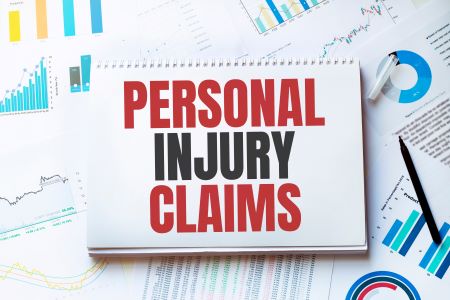
When a defendant has an insurance policy, you generally can collect the maximum limit of that insurance policy, assuming the value of your case is equal to or greater than the value of that policy (that is, the amount the Defendant is insured for).
This is important to know, because if the value of your case exceeds the policy, you may be left having to chase after someone individually, and it is likely that they may not have the assets to satisfy your judgment—a private person usually will not simply hand over money, the way an insurance company does when a judgment is entered against it or a settlement is reached.
Insurance Bad Faith
So what happens if someone injures you, and that person has a very small insurance policy—less than the value of your injury? There is one way that you may be able to get the insurance company to pay you more than the amount the Defendant is insured for: a bad faith claim.
Generally, an insurance company has to act in good faith in evaluating and settling cases. It can have a reasonable disagreement with you, but it cannot be unreasonable or purposely waste time.
So, for example, if a Defendant rear ends a victim, and the victim is paralyzed, and the Defendant is insured for only $10,000, there is no doubt that the Defendant will owe $10,000—that’s probably a fraction of the value or worth of the victim’s injury or damages. The rear end accident means the Defendant is almost definitely liable, and the damages for paralysis far exceed $10,000.
So, the insurance company is under an obligation to just give the entirety of the policy, without argument or excess negotiation.
But sometimes, insurance companies don’t do that. They drag their feet. They ask for more information than what is needed to evaluate the claim. They make offers so small that no reasonable person could believe they are made in good faith.
Damages for Bad Faith
When that happens, the victim may have the ability to pursue the insurance company for bad faith. If the insurance company does act in bad faith, it can potentially be liable for all of the victim’s damages—even if those damages exceed the value of the policy.
To show bad faith, a victim first may have to go “all the way” to trial, and show that the value of the damages far exceeded the insurance policy. Additionally, there is a notice that must be provided to the insurance company and to the state, that tells the insurance company that they need to tender the entire policy, or be liable for bad faith.
But if these legal requirements are met, and it is shown the insurance company acted in bad faith, a victim can recover damages that exceed the insurance policy.
Call the Fort Lauderdale personal injury attorneys at Rosen Injury Law today to help you with strategies in your injury case.
Sources:
flsenate.gov/PublishedContent/Session/2012/InterimReports/2012-132ju.pdf
leg.state.fl.us/statutes/index.cfm?App_mode=Display_Statute&URL=0600-0699/0624/Sections/0624.155.html